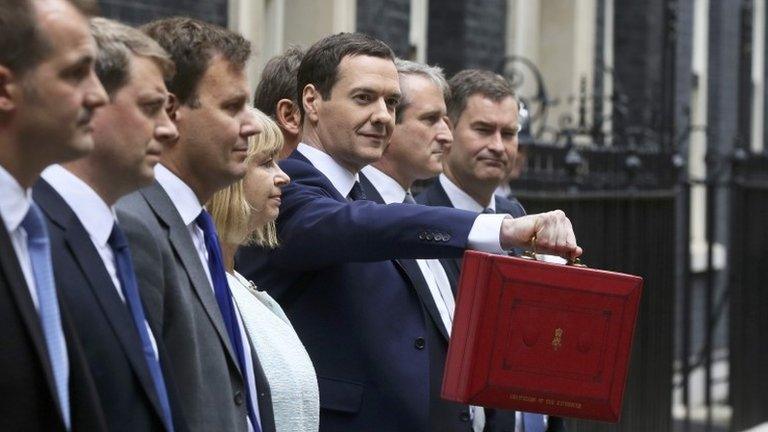Spending Review: Deal with seven more ministers including Iain Duncan Smith
- Published
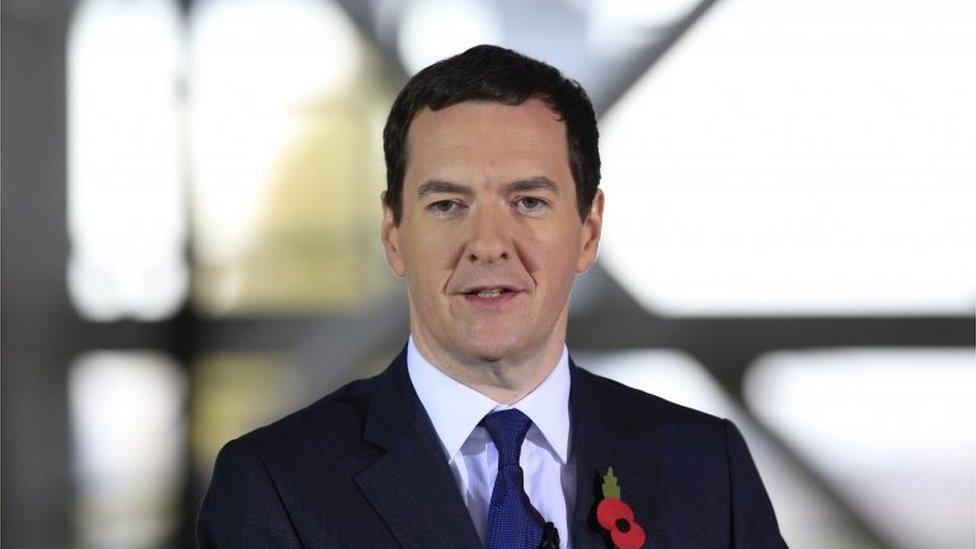
Iain Duncan Smith's work and pensions department is one of seven more to have reached a spending deal with the Treasury, George Osborne has said.
Mr Duncan Smith has been locked in a battle with the chancellor over cuts to his budget, ahead of next week's Spending Review.
Mr Osborne is still in talks with Home Secretary Theresa May over cuts to her department.
She is under pressure over expected cuts to police numbers.
Mr Duncan Smith had reportedly threatened to resign if Mr Osborne made his department swallow the £4bn cost of postponing cuts to tax credits by trimming his Universal Credit programme.
'Digital transformation'
Mr Osborne is seeking ways to save £4bn after the House of Lords rejected working tax credit cuts.
Treasury officials were thought to be considering increasing the penalties faced by claimants who take extra work.
DWP sources told the BBC the dispute was now over. Tax credits are "a matter for the Treasury", the source added. "Agreement has been reached between them on spending."
The other departments to have reached agreement with Mr Osborne are Energy and Climate Change, HM Revenue and Customs, the Cabinet Office, the Scotland Office and Office of the Advocate General, the Wales Office and the Northern Ireland Office.
They bring to 11 the number of Whitehall departments to have settled with the Treasury.
The latest departments to settle will face average cuts in day-to-day spending of 21% over the Spending Review period - the equivalent of 6% a year - resulting in savings worth more than £2.5bn by 2019-20.
Mr Osborne made the announcement later in a speech on cybersecurity.
Savings will be achieved through a combination of further efficiency cuts - in HMRC's case through the "digital transformation" of the tax system - closing low-value programmes, and focusing on "our priorities as a country", including national security, said the chancellor.
He announced an extra £1.9bn a year for cybersecurity, which will enable the intelligence and security services to recruit an extra 1,900 staff.
- Published17 November 2015
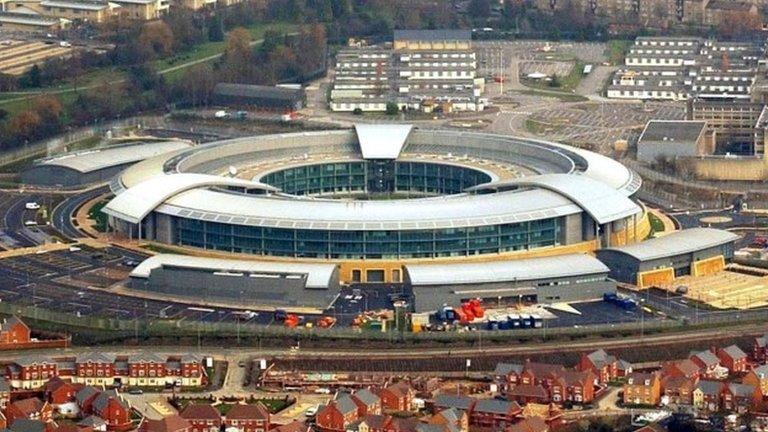
- Published8 November 2015
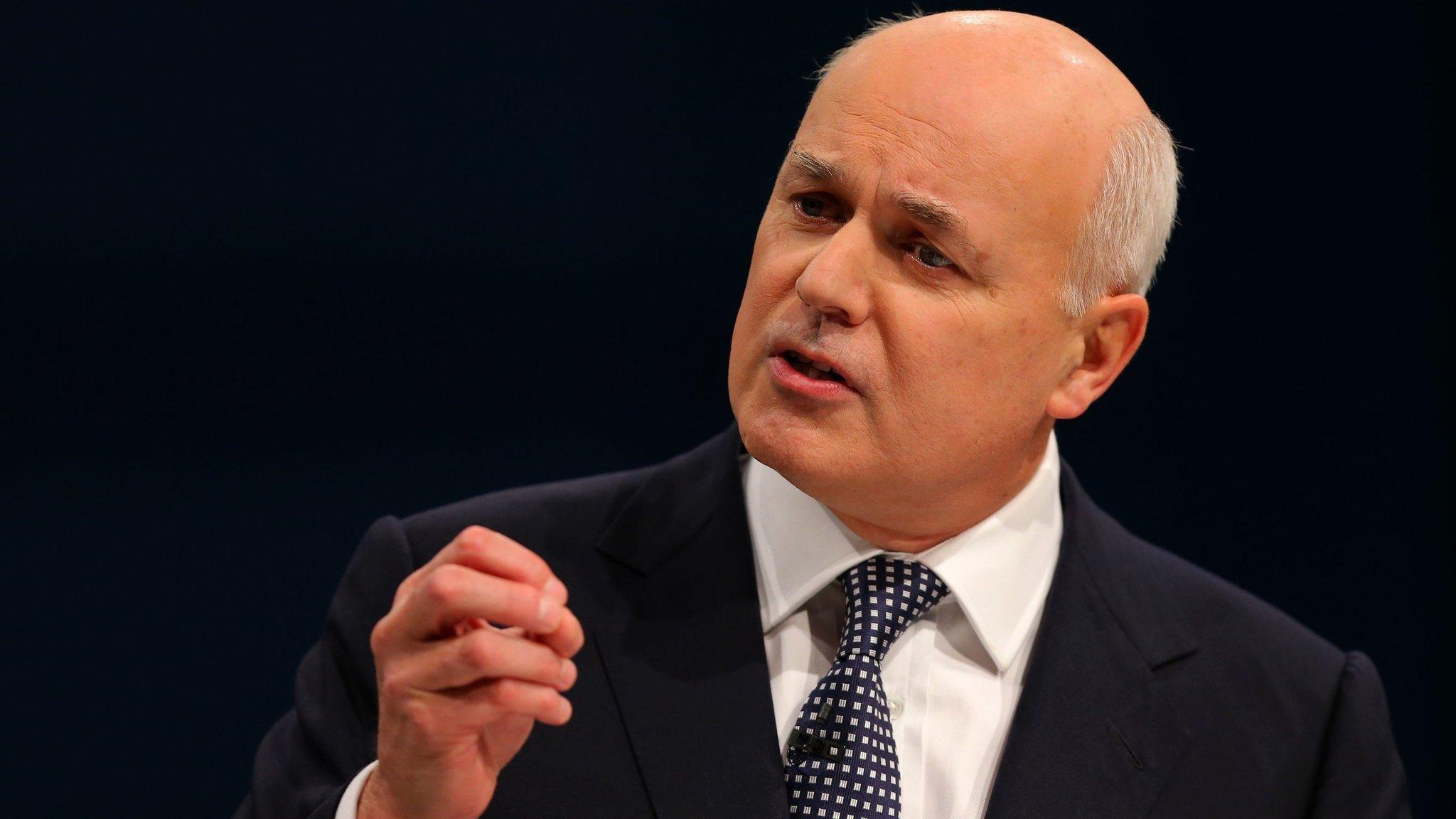
- Published26 October 2015
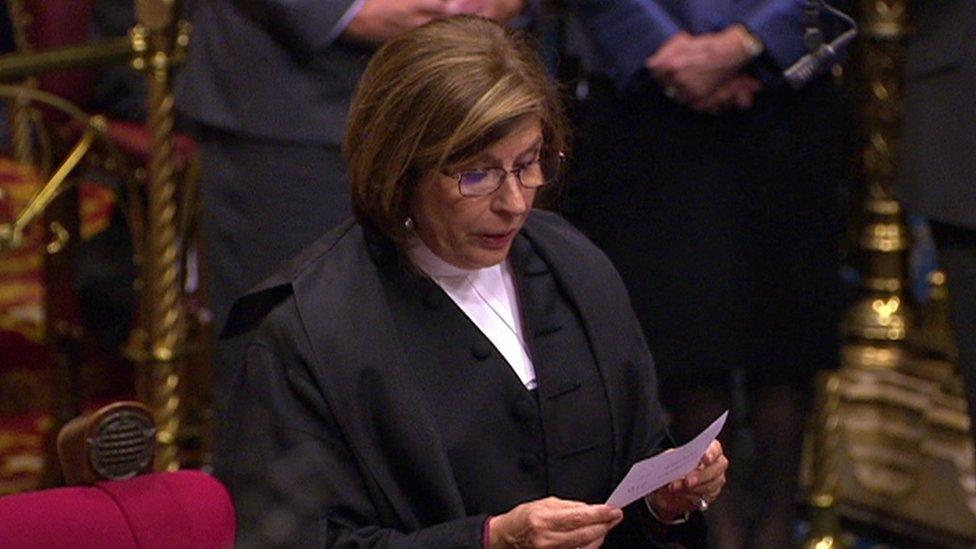
- Published9 November 2015
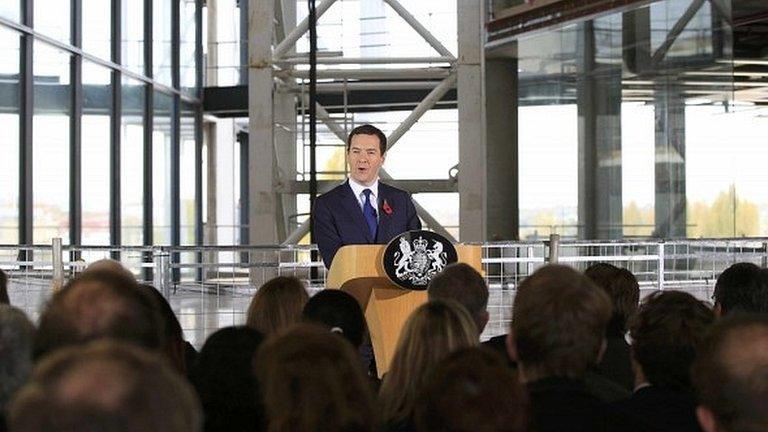
- Published21 July 2015
